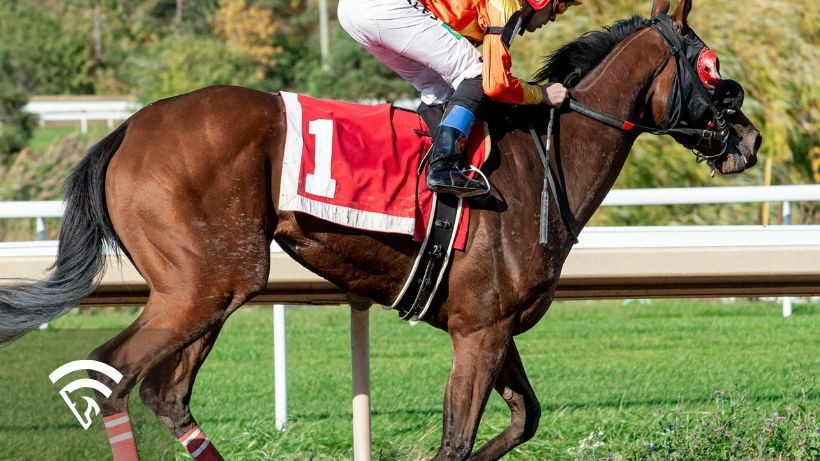What is Mental Toughness in a Racehorse?
Mental toughness is a racehorse’s psychological resilience—the ability to stay calm, focused, and determined before, during, and after a race despite stressors such as crowd noise, gate delays, tight quarters, or pace pressure. Horses with strong minds break cleanly, settle into their preferred rhythm, handle adversity (e.g., traffic, bumping), and dig in when headed in the stretch.
Why Mental Toughness Matters
- Consistent gate behavior: A composed horse saves energy and avoids late breaks that compromise position.
- Optimal pace response: Mentally tough runners accept rating instructions or sudden pace changes without fighting the rider.
- Stretch‑drive grit: When eyeballed by rivals, they re‑rally instead of backing up.
- Recovery & durability: Lower cortisol spikes mean faster post‑race recovery and fewer stress‑related setbacks.
Factors That Shape a Horse’s Mind
| Influence | How It Builds (or Breaks) Toughness | Handicapping Angle |
|---|---|---|
| Early handling | Exposure to starting gates, tractors, crowds as weanlings/ yearlings | Progeny of top outfits often arrive race‑ready mentally |
| Training environment | Busy tracks vs. quiet farms; varied schooling scenarios | Horses shipping from chaotic circuits may stay cool anywhere |
| Race experience | Tight finishes, different surfaces, international trips | Look for horses that have already overcome adversity in PPs |
| Genetics | Some bloodlines (e.g., A.P. Indy, Scat Daddy) pass on professional demeanors | Pedigree notes can hint at mental aptitude |
| Equipment tweaks | Blinkers on/off, shadow rolls, earplugs | Sudden gear changes can imply trainer is addressing focus issues |
Visible Clues of Mental Toughness
- Paddock composure: Ears forward, minimal sweat, steady walk—not prancing or balking.
- Gate manners: Loads promptly, stands quietly, breaks in stride.
- Relaxed travel: Settles behind rivals without throwing head or fighting the bit.
- Response under pressure: When jostled or boxed in, maintains stride instead of checking sharply.
- Head‑to‑head courage: Accelerates or at least sustains speed when challenged late.
Red Flags of a Fragile Mind
- Repeated gate scratches or fractious antics (rears, flips).
- Hard puller that spends energy fighting the rider.
- Sudden fade after minor bump—suggests loss of focus or nerve.
- Multiple equipment changes in quick succession.
- Steady beyer/pace figure drops when racing in front of large crowds or under lights.
How Trainers Cultivate Toughness
- Gate schooling: Frequent, calm practice sessions with positive reinforcement.
- Crowd simulation: Walking shedrow radios, ponying near grandstands, parade schooling.
- Exposure therapy: Shipping to different venues and schooling in paddock/gate day before.
- Positive rider rapport: Consistent jockey‑horse pairings build trust and reduce anxiety.
- Mental breaks: Short freshenings at farms keep horses from souring on track life.
Key Takeaways for Bettors
- Mental toughness can elevate a moderately fast horse above flashier but fragile rivals.
- Cross‑reference paddock/gate notes with equipment history and past‑performance incidents.
- Use AI‑derived scores to validate or challenge your visual read.
- Upgrade horses that survived rough trips or photo‑finish duels—they’ve proven grit.
Put objective mindset analytics on your side—sign up for EquinEdge and transform raw data into winning insight.
